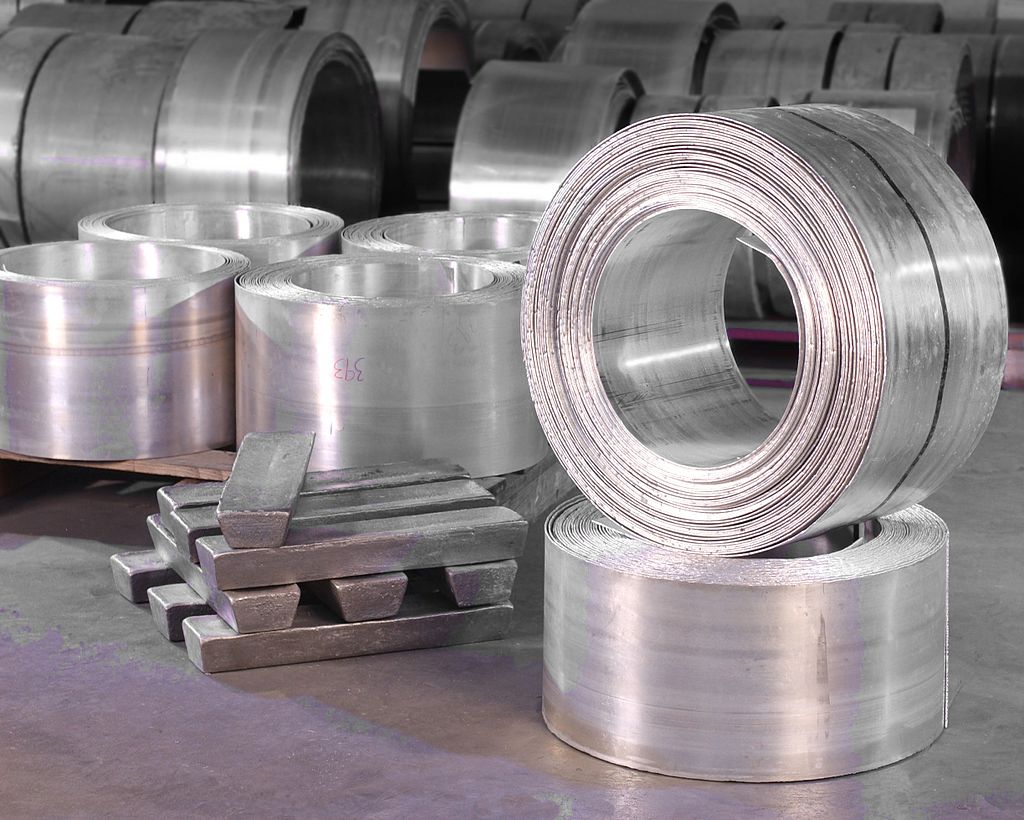Quasi-solid-state magnesium-ion battery achieves energy density of 264 Wh/kg
Magnesium-ion batteries offer a safe, low-cost, and high-energy density alternative to current lithium-ion batteries. However, their path to commercialization is paved with challenges, including the need to overcome the narrow electrochemical window in aqueous systems and the poor ionic conductivity in non-aqueous systems.
Now, a research team in HKU’s Department of Mechanical Engineering has designed a quasi-solid-state magnesium-ion battery boasting a voltage plateau at 2.4 V and an energy density of 264 Wh/kg, surpassing the performance of current magnesium-ion batteries, and almost matching the performance of lithium-ion batteries.
Previously, the same research team developed a water-in-salt magnesium-ion battery with an operating voltage above 2 V. Yet, it still lagged behind non-aqueous counterparts due to the dominance of proton over Mg-ion storage in the cathode.
“Hydrogen ions, or protons, are smaller and lighter compared to the metal ions. Because of their size, protons can easily get into the battery’s cathode structure. However, this creates a problem because protons and magnesium ions compete for space, which severely limits how much energy the battery can store and how long it can last,” said Sarah Leong, a HKU researcher and the study’s first author.
The researchers have improved on the earlier design implementing a polymer-enhanced electrolyte to control the competition between protons and metal ions and confine the hydrogen bond network.
“It is a game-changing development,” said HKU Professor Dennis Y.C. Leung. “Our quasi-solid-state magnesium-ion battery combines the best of both worlds, offering the high voltage of non-aqueous systems and the safety and cost-effectiveness of aqueous systems. It represents a major step forward in the development of high-performance magnesium-ion batteries.”
In extensive cycling tests, the research team found that even under extreme conditions of subzero temperatures (-22°C), the quasi-solid-state magnesium-ion battery retained 90% of its capacity after 900 cycles.
The battery is also non-flammable and resistant to high pressure loading, which makes it a promising candidate for consumer electronics, even in colder climates.
“The advanced electrolyte development strategy presented in our research holds potential beyond magnesium-ion batteries, extending to other multivalent metal ion batteries, such as zinc-ion and aluminium-ion batteries,” said HKU Assistant Professor Wending Pan. “We believe that this study will pave the way for the next generation of energy storage solutions that are not only efficient but also environmentally friendly.”
Their findings are discussed in “Next-generation magnesium-ion batteries: The quasi-solid-state approach to multivalent metal ion storage,” which was recently published in Science Advances.
Special Thanks to PV Magazine
MARIJA MAISCH
